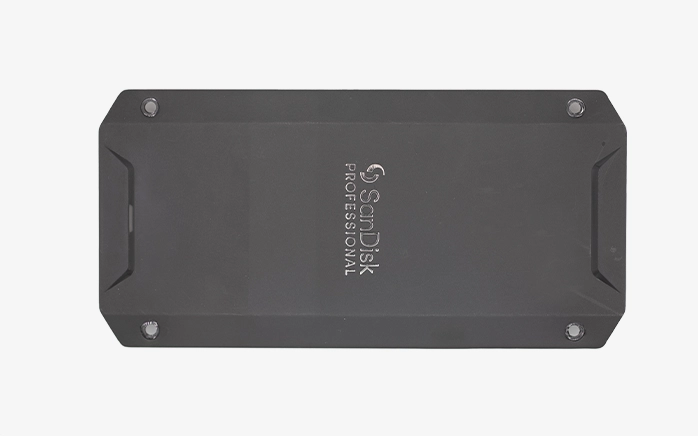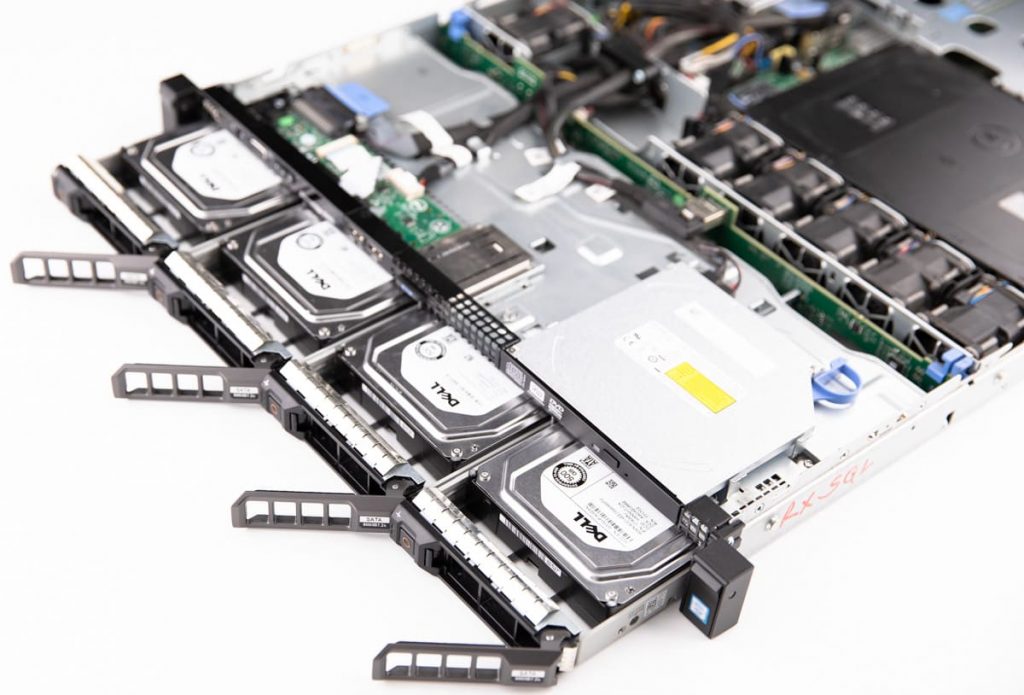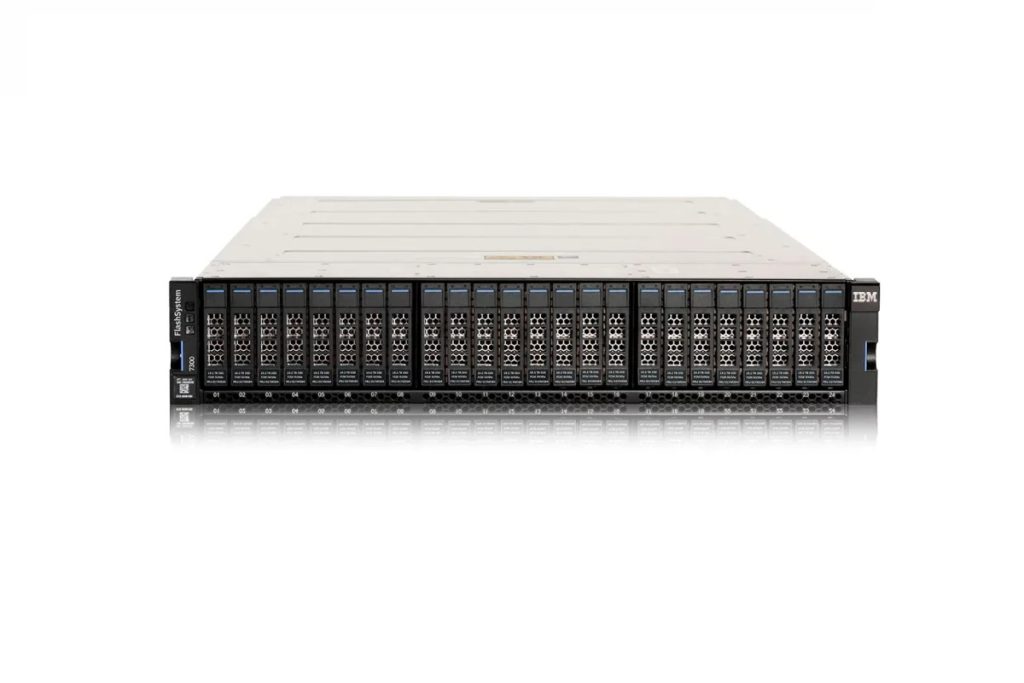Recovering data from a dead Kingston SSD can seem daunting, especially when critical files are at stake. However, with the right tools and techniques, it is possible to retrieve valuable data. Recently, PITS Global Data Recovery Services received a request from a client seeking to restore data from a non-functional Kingston SSD. Our team acted swiftly to recover the data from this dead drive.
What is a Dead SSD?
A dead SSD refers to a solid-state drive that no longer functions properly. This can occur due to various factors, such as:- Physical Damage: Caused by mishandling, dropping the device, or exposure to extreme temperatures.
- Logical Failure: Issues with the internal components, firmware, or software of the SSD.
- Power Surge: Unexpected power fluctuations can damage the electronic components of an SSD.
- Wear and Tear: Regular use over time can lead to component failure.
Identifying the cause of a dead Kingston SSD is crucial for determining the best recovery strategy.
Initial Evaluation of the Dead Kingston SSD
Upon receiving the SSD, our engineers conducted a thorough evaluation to identify the cause of the failure. This assessment involved:
- Analyzing the SSD’s sectors and partitions.
- Checking the device manager.
- Scanning the file system.
This comprehensive evaluation allowed us to generate a detailed report for the client, outlining the data recovery process, the evaluation results, and the status of the deleted files—whether they were deleted, corrupted, or inaccessible.
Our Specialized Data Recovery Process
Our engineers implemented a specialized data recovery process to retrieve 100% of the data from the dead Kingston SSD. This process was performed in an advanced lab environment to ensure optimal recovery results. Key steps included:
- Data Reading: Our team read data from each sector of the SSD, analyzing it to recover lost files.
- Advanced Tools: We utilized specialized methods and tools tailored for SSD recovery, ensuring a thorough approach.
Verification of Recovered Data
After completing the recovery process, we conducted a verification session with the client to confirm that all requested data had been successfully retrieved. The client expressed satisfaction, as they were able to access all essential data stored on the dead Kingston SSD.
Advantages of Choosing Our Data Recovery Services
At PITS Global Data Recovery Services, we understand the importance of reliable data recovery. Our services offer several key benefits:
- Experienced Engineers: Our team is skilled in using the latest technology to recover data from dead storage devices.
- Risk-Free Evaluation: We provide an initial evaluation to identify the cause of failure and determine which files need recovery.
- Comprehensive Reporting: Clients receive a detailed report outlining the recovery process and results.
- Safe Recovery Process: We follow a specialized procedure to ensure the safe recovery of lost data.
- Verification Session: Clients can verify that their requested data has been successfully recovered.
Conclusion
Our recent case involving the recovery of data from a dead Kingston SSD illustrates the effectiveness of professional data recovery services. At PITS Global, we are dedicated to restoring high-priority data for our clients while ensuring their satisfaction.
If you’re facing similar issues, don’t hesitate to reach out to our restoration team. We are here to help you recover your valuable data and provide the support you need during this challenging time.


